I was called ‘Putin’s propaganda girl’. But I quit
She fell in love with Russia and spent years defending Putin and his policies. But now, watching the unprovoked and violent invasion of Ukraine, Johanna Ross is left bitterly disillusioned
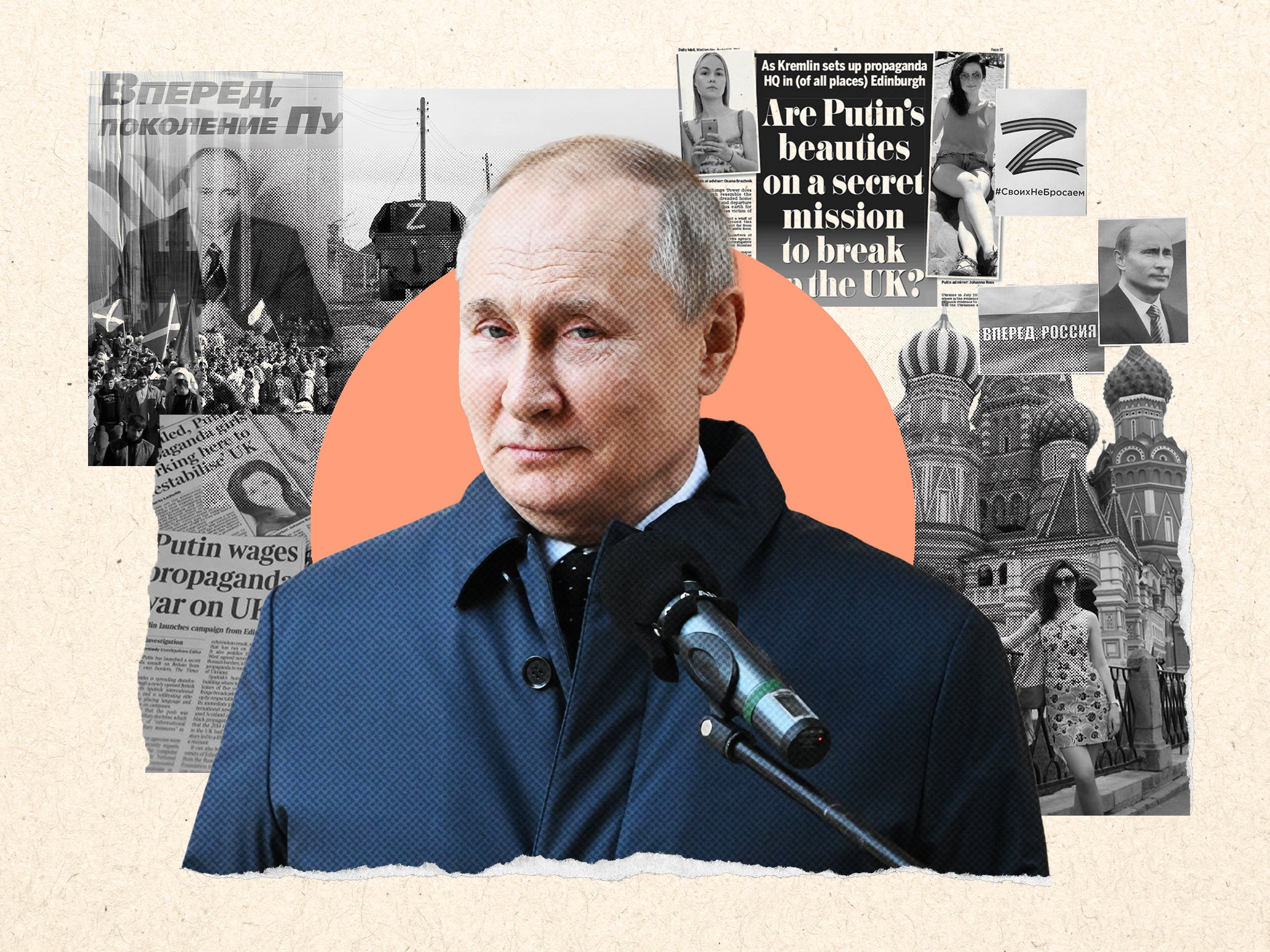
When I was a child, the word ‘Russia’ was, for me, one synonymous with tragedy. As my father spoke about our family story, his face fell as if he himself could feel the pain of all those who had suffered at the hands of the communists.
Memories were bittersweet. His mother, Eugenie Fraser, was a Russian emigree to Scotland in 1917. In her autobiography, The House by the Dvina, she documented the dramatic tale of how, as a teenager, she had sought refuge aboard a ship bound for Dundee with her mother, their jewellery and roubles sewn into their petticoats. After the revolution, my grandmother would never see her father and grandparents again. Those left behind met a sorry fate, having lost everything.
I am reminded of this story today as I watch countless Ukrainian refugees leave their families, and everything they hold dear, at the hands of Russian aggression, and I ask myself if there is some tragic inevitability to all this. Is Russia a nation fated to be associated with tragedy and suffering?
Have no doubt: this is just the beginning of the end of Putin’s Russia. The suicidal decision to invade Ukraine is already having a severe effect on Russian society, as Soviet-style censorship takes hold and young people, barred from the social media they thrive on, desperately look at ways to abandon the sinking ship and make a new life abroad.
This senseless, reckless move by Putin took us all by surprise. And it changed my view of the Russian government and its policies. Up until then, I had shared the view of most Russians. Having seen the strides the country had made in the past 20 years, and in particular how the lives of friends and relatives had blossomed under his leadership, I was convinced that Putin was the best thing for Russia since sliced chleb.
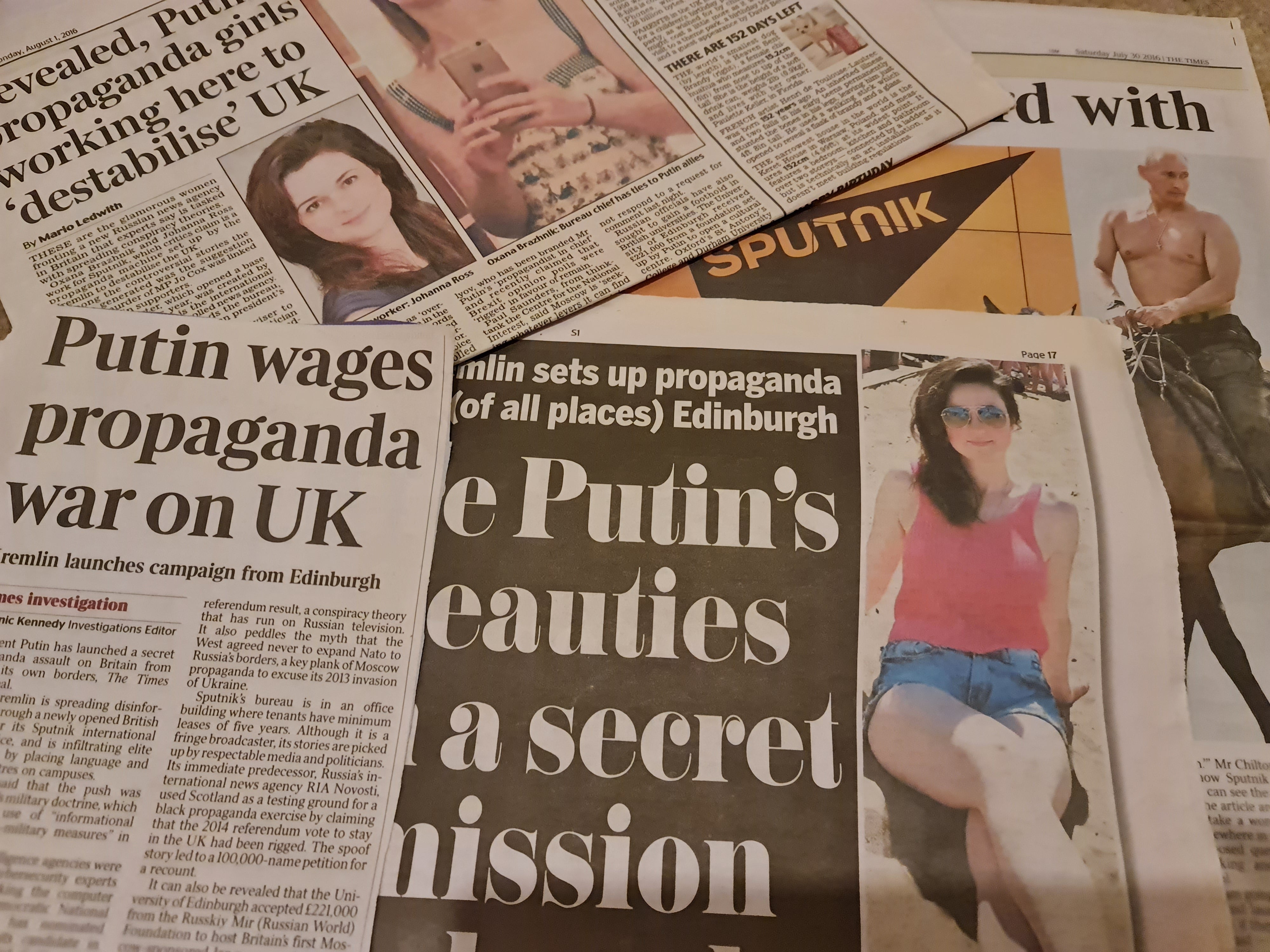
I studied Russian at the University of Edinburgh and the state university in St Petersburg, and spent several years living in Russia’s “Venice of the North”. I fell in love with a country that seemed to have moved on so far since the dark days of communism. As one of the first students from Scotland to visit the Soviet Union, the place I described to my father was almost unrecognisable from the Russia he had seen in the 1960s. Dreary cafeterias had been replaced by glamorous bars and Starbucks. Customer service was now a thing. God now existed... or so we thought.
The Georgian invasion of South Ossetia in 2008 was a turning point for me. By now I was fluent in Russian and was a regular viewer of Vesti. I realised there was a complete disconnect between what the western mainstream media was reporting about the conflict – that Russia had invaded Georgia – and what the Russian news was reporting, which was that the South Ossetians had been targeted by Georgian president Mikheil Saakashvili, and Russian tanks had crossed the border to defend the South Ossetians.
Back then I had no doubt in my mind which story to believe: the Russian media had many more journalists on the ground, providing detail that the English-speaking western journos just couldn’t provide as they sat tight in Tbilisi hotel rooms away from the action. Georgia had started the war – something that an EU report later confirmed.
Following the Maidan revolution of 2013, I also had no doubt in my mind as to who was to blame. I had seen footage of US assistant secretary of state Victoria Nuland handing out cookies to protesters in Kyiv; I’d heard her infamous “F*** the EU” phone call with colleagues as they discussed who they thought should be the next Ukrainian president, as if it were a game of chess.
The overthrowing of a democratically elected government was never something I was going to support, and it made it worse to think it could be part of a western regime-change plot. After all, it wouldn’t be the first time the west had engaged in such covert action. The CIA and MI6 had supported fascist leader Stepan Bandera in the 1940s to subvert the USSR (read Rory Cormac’s Disrupt and Deny for more on that). History was repeating itself.
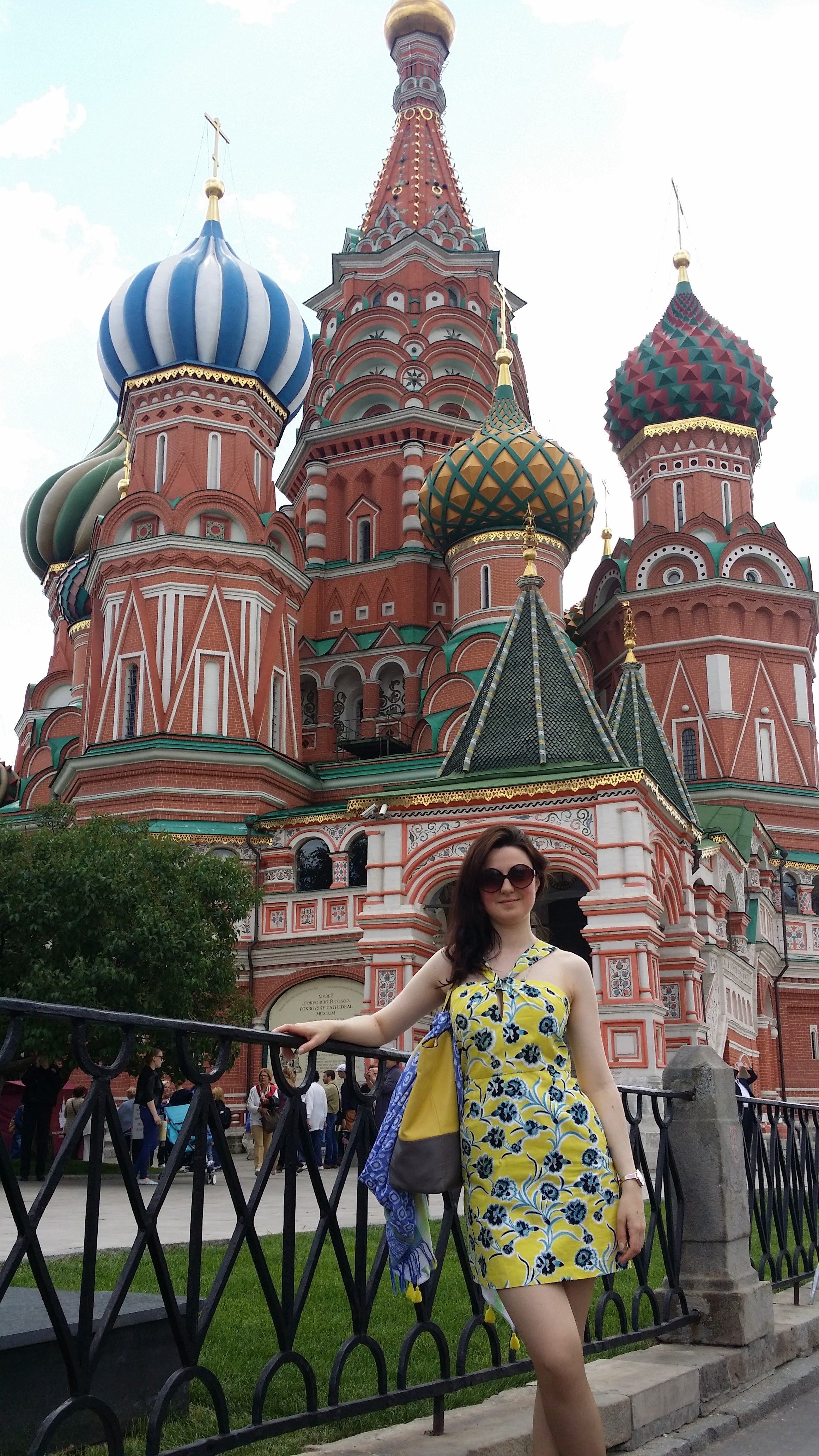
Feeling an inherent sense of injustice at the way the Maidan revolution was being portrayed in the western media, with all its mistranslations and mispronunciations of Russian language, I felt compelled to do my own writing on the subject. I joined US expat media project Russia Insider – an English-language site aimed at reporting the truth on Russia. I volunteered there for several months, debunking inaccurate and misleading stories about Russia in the mainstream media.
At that time, there appeared to be a great deal of reporting taking place by journalists who did not speak Russian and were writing stories based on second-hand translations.
What has been interesting to observe is the transition Russian media has undertaken, in recent years, from left to right
Then, one cold December day in 2015, I noticed a news item in The Herald about Russian news agency Sputnik opening an office in Edinburgh. Unlike many, I was aware of Sputnik as we had analysed Russian media sources at university. I jumped at the chance to apply, elated with the prospect that I could somehow “get the truth out” about Russia and its actions, which were always painted negatively. I wrote to a general email address displayed on the website, never really expecting to get a response. A few days later I was contacted by the bureau chief, Oxana, and we arranged a meeting at a location of my choice.
Once hired, I became involved in everything from trips to Ikea to fit out the Sputnik office to writing job adverts for radio and journalist positions, barely knowing myself what they consisted of. Unfazed by the challenge, however, I was intent on proving I was up to the job, and did my research.
Soon, over coffee and shortbread, we were interviewing prospective candidates in Edinburgh’s five-star Sheraton Hotel, situated close to the Sputnik office in Exchange Tower. Then, as soon as we had built up a team and moved into the office, the British media launched its own attack on the company, labelling us “Putin’s propaganda girls”. This was the beginning of a media onslaught that continues to this day.
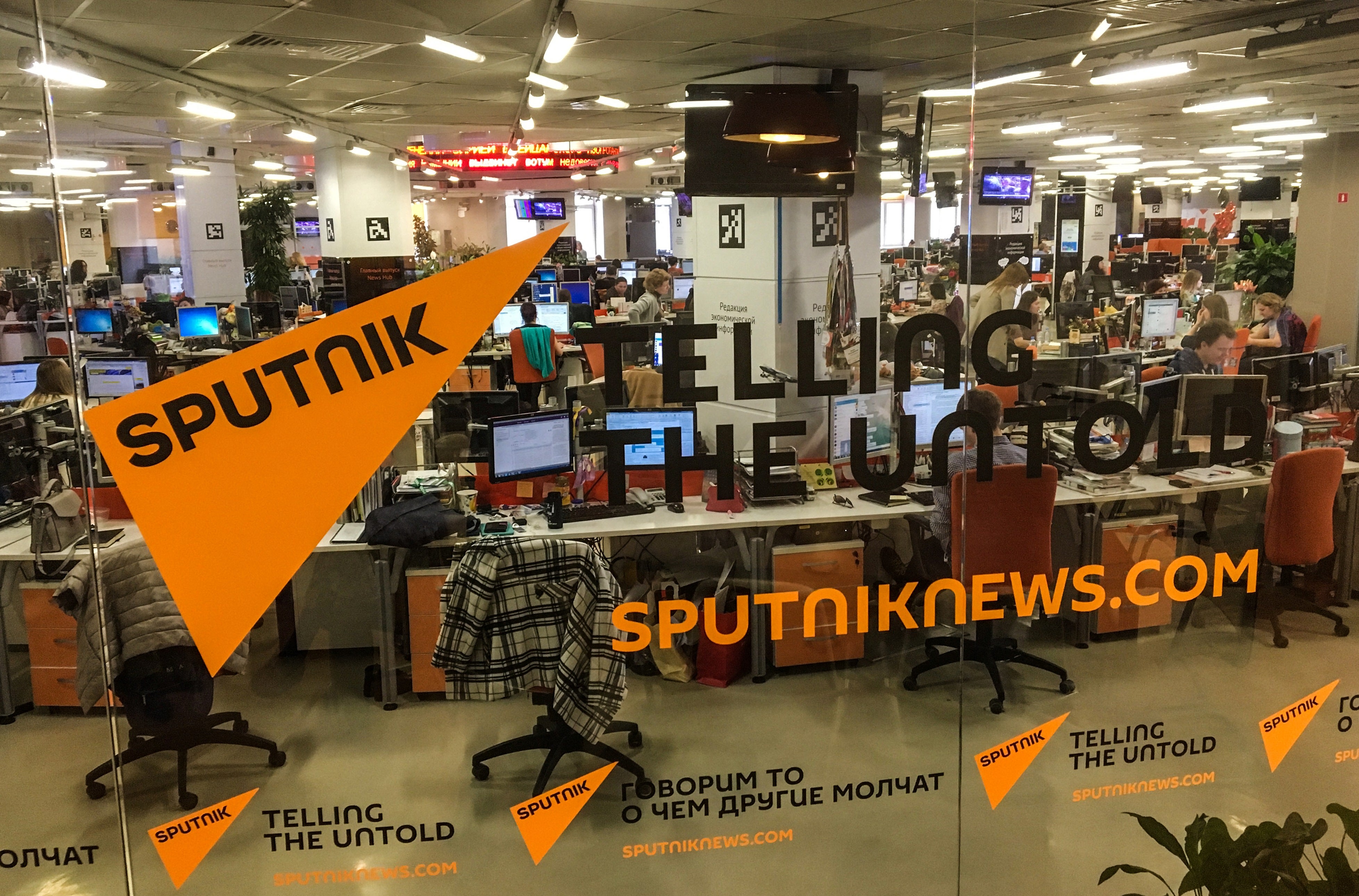
At Sputnik I was thrown in at the deep end like never before. But I learnt a huge amount during the three years I was there – about the news business in general, but also about how Russian media operates. That’s for another day. What I will say is that it’s far from the slick, well-oiled propaganda machine it is made out to be in the western press, and in its defence, it did provide platforms for alternative viewpoints that would not otherwise have been given airtime in the mainstream media.
As for its motivations, I think that’s pretty self-explanatory. But people would be mistaken to think its management was a bunch of militant ideologues. As a Russian journalist once said to me: “The best communists were the East Germans.” The Russians, he explained, simply weren’t disciplined enough. It’s a stereotype, perhaps, but my time working in Russian media would only reinforce this idea. In the outlets I’ve worked for, opinions among senior management figures ranged from not supporting Putin at all to completely apolitical.
What has been interesting to observe is the transition Russian media has undertaken, in recent years, from left to right. When I first joined this field, many anti-war activists and left-wingers were given a voice; in the past few years there has been a clear change of direction, reflecting the country’s foreign policy position.
Since roughly the time of Donald Trump’s election at the end of 2016, Russia has self-identified as conservative and has attempted to align itself with right-wing parties across the globe, whether it be Viktor Orban’s Fidesz, Marine Le Pen’s Front National, or AfD in Germany. This approach backfired, however, in Britain. Instead of supporting Jeremy Corbyn and his anti-imperialism, Russia backed the Tories, not understanding that Conservative politics in the UK does not necessarily mean conservative policies, or taking a softer stance towards Putin.
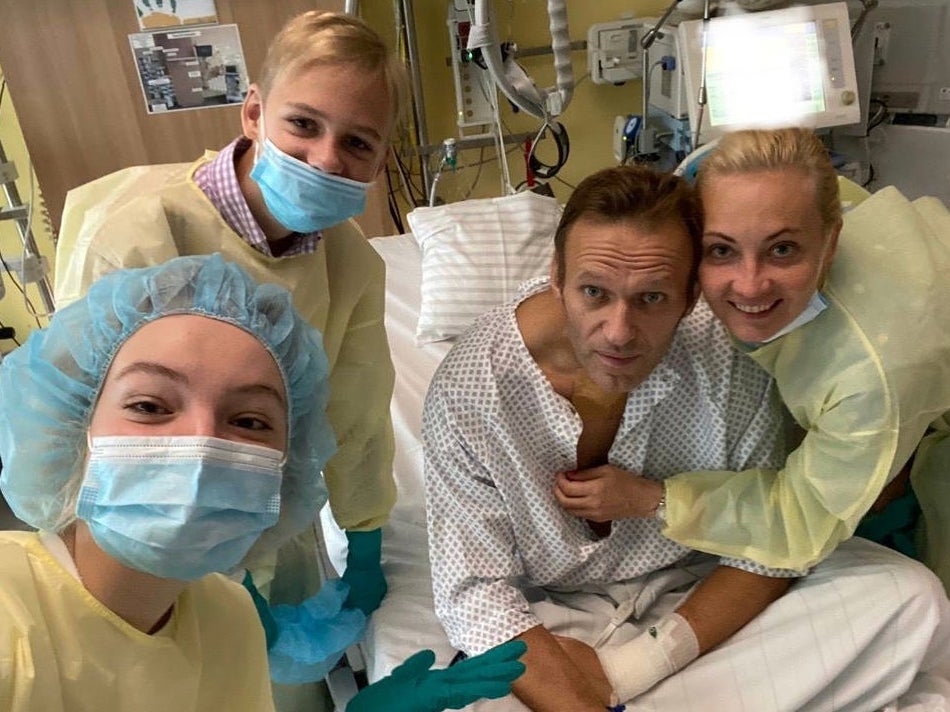
I didn’t fully appreciate Russia’s shift towards the far right until recently, when it invaded Ukraine. It is a tragic irony that Russia is waging war on Ukraine to “defeat neo-Nazism” when Russia itself has sunk further into the ultra-nationalist quagmire. As thousands of Russians marched every year on their Victory Day parade, or “Immortal Regiment”, clutching photographs of their deceased relatives who defeated fascism in the Second World War, they have been oblivious of the road to perdition that their government was about to take them on.
Yet extreme nationalism is nothing new for Russia. When I was studying in St Petersburg in 2006-7, neo-Nazi groups attacked, and in one case killed, a student from an ethnic minority background. At that time, violent racism was a problem in Russia, and Africans and Asians genuinely feared for their lives. Now, seeing videos of angry, bullish men in their black tops branded with the letter Z, like others I am sadly reminded of the Nazi swastika. Putin’s imperialist mission in Ukraine is being compared to Hitler’s Second World War ambitions, and it’s hard to argue against this.
The Navalny poisoning in 2020 did force me to question the official Kremlin narrative. After this, I decided I would cease writing for Russian media as soon as it was financially viable
I only wish I had seen the light earlier. Since my decision to abandon Russian media, cease writing for website InfoBrics, and oppose the war in Ukraine, I have been at the receiving end of a barrage of condemnation on Twitter. One ex-colleague said I had “lost it”, another declared he would “turn his back on me and walk away in disgust”. Many suggested I had somehow been forced into adopting the British stance.
This is not the case. No one has twisted my arm in this way: my opposition to the war in Ukraine is rooted in the basic human values and principles most of us hold dear. It is also not the first time I have had doubts about the Russian position on certain events. The Skripal poisoning of 2017 caused me to think twice about the Russian version of events – yet there seemed to me at the time discrepancies in the British story that still left room for doubt, as journalist Mary Dejevsky has also noted.
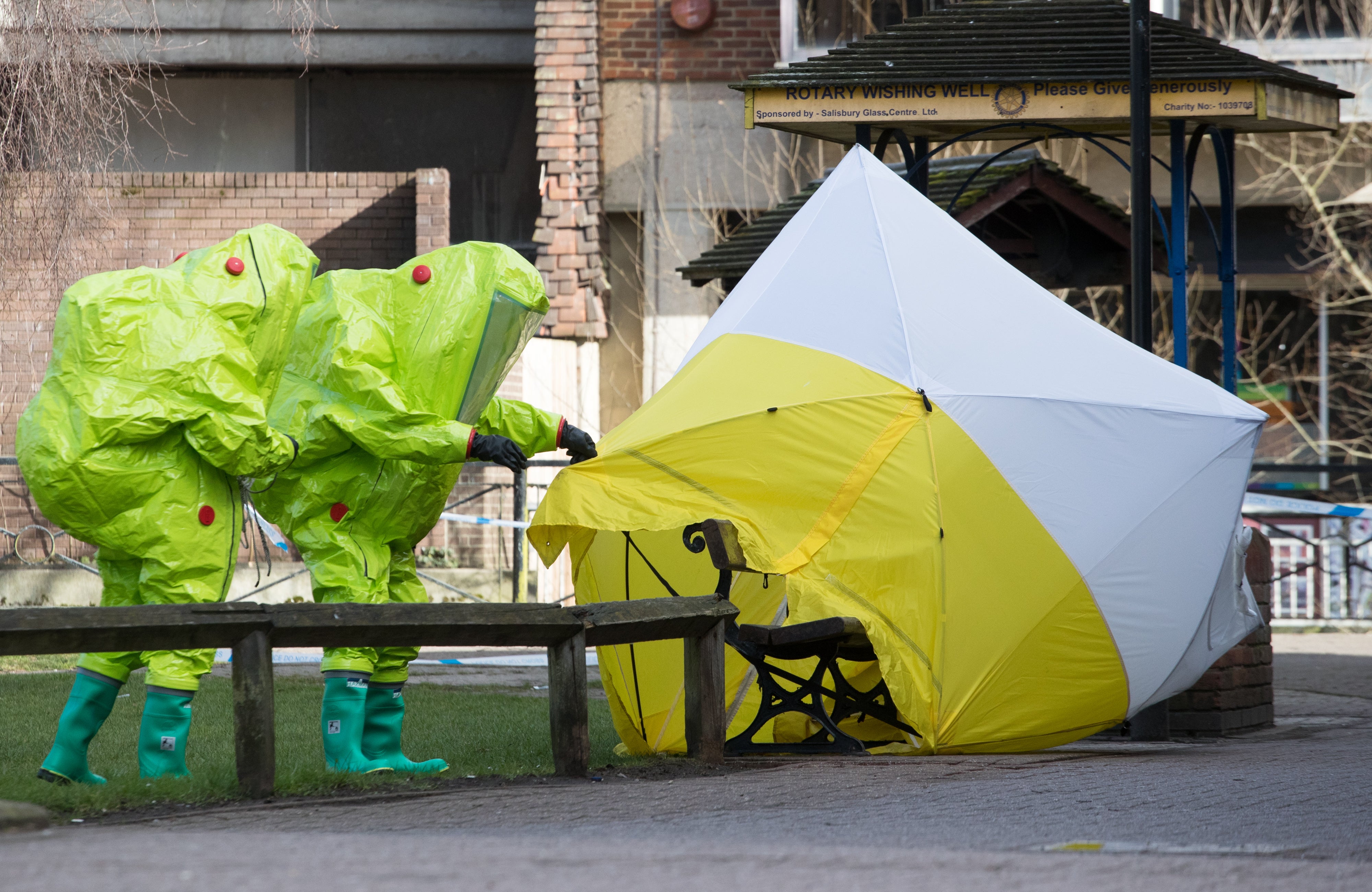
The Navalny poisoning in 2020 did force me to question the official Kremlin narrative. After this, I decided I would cease writing for Russian media as soon as it was financially viable. In particular I disliked Putin’s arrogant and rather sinister response to questions about Navalny, that “they could have killed him if they wanted to”, and I found it quite odd that he never had the guts to utter Navalny’s name but would refer to him only as “the Berlin patient”. In this way, the Russian president confirmed the widely held view that he is afraid of Navalny.
Around this time I began watching TV Rain, the only Russian channel that gave open, honest coverage of the story.
Tragically, such independent media in Russia is now consigned to the past. Veteran opposition radio station Echo Moskvi has been replaced by Sputnik on the Moscow airwaves. I now send friends in Russia reports on the Ukraine crisis they don’t have access to there – such as those that include the confessions of Russian soldiers, or images of war crimes. One wrote to me saying she had been crying about the war, was looking to emigrate, and asked me to keep sending her news from British sources.
I feel it’s the least I can do in the current situation, and part of me naturally regrets that I defended Putin and his policies for so long, given this brutal, unprovoked attack on a sovereign nation.
Perhaps I was incredibly naive, but I can only say that I believed what I was doing was right, and that Russia at that time was the only country standing up to US imperialism and catastrophic western regime-change operations in Iraq, Afghanistan, Libya and elsewhere. Perversely, Russia is now waging its own regime-change operation, in the “western fashion”, as one Sky News commentator said this week. How things have changed.
And I’ve changed also. For now, I don’t trust a word that comes out of the Kremlin, regardless of whether it is true or not. I will always love Russia and its long-suffering, warm and generous people, but the fact is, they are worthy of a much, much better government. All the economic and social progress made in the last 20 years is being eroded in front of our eyes. The cycle of tragedy for the Russian people has to be broken – we’re now living in the 21st century, in the globalised world, and they deserve a stable, democratic government.
I don’t think Russia is a special case, as some would have us believe; that only a strong leader can rule it. Strength is what is being demonstrated right now by Volodymyr Zelensky and his people – not by Putin and his entourage, who don’t even have the courage to use the word “war”.
I may have defended Russia on the front lines of the information war, but I can no longer support the lies and barefaced aggression exhibited now by the Russian state. Make no mistake – ‘Putin’s propaganda girl’ has quit.
Johanna Ross is a freelance writer on Russia. You can follow her on Twitter.




Join our commenting forum
Join thought-provoking conversations, follow other Independent readers and see their replies
Comments